Israel News Insights - Now on Elephant
We’ve added the Israel News Insights to Elephant. This is a twice-weekly newsletter with updates on the situation in Israel and the effects of Oct. 7 worldwide. For those who want to receive the newsletter directly into their mailbox, you can subscribe at http://eepurl.com/iFphtI .
This is the last weekly issue as we move to a monthly schedule (1st Monday of the month).
In this issue we focus on Qatar, one of President Trump’s favorite countries, and how it has funded the anti-Israeli/pro-Palestinian movement. We also discuss the recent events in Iran and an attack on the mother of the remaining Israeli hostage. Our Portrait of Power this week is Col. (res.) Miri Eisen who is an Israeli reserve officer and civic leader who emerged as a prominent voice following the events of October 7, 2023.
Sexual abuse and rape as tools of war are as old as time. During the Rwandan genocide of 1994, over the course of 100 days, up to half a million women and children were raped, sexually mutilated, or murdered. In this issue we focus on the personal revelations that the hostages have begun making public this week. We then bring your attention to a news story, two weeks before the October 7 massacre, Israel’s Foreign Ministry and National Security Council received information from Egypt warning that the situation in Gaza was “explosive.” We also discuss the concessions on issues where Israeli interests conflict with those of the Trump administration that we fear Netanyahu may give President Trump as “Christmas gifts”.
Finally our “Profile in Power” is about Lali Deri, who ever since Jan. 12 of last year has been an important face of the opposition to the current government from within its own electoral base. Lali is an Israeli bereaved mother and emerging civic leader who has come to public attention through her passionate advocacy for shared national responsibility in the defense of Israel.
Thanks to a comment from one of our readers during the first weeks when we began publishing this newsletter, we decided that we would not ask our readers for money. This week, however, we focus on tax-deductible donations from an angle that you might not hear about elsewhere. For those of you who pay taxes in the U.S. or U.K. (including Israelis with dual citizenship), this is well worth reading today - before the end of the year. This year, even U.S. citizens who take the Standard Deduction can actually take a separate tax deduction for up to $1,000 USD that was not available in the past. Dual citizens can also get a tax deduction in Israel for donations to good causes that the current Israeli government won't give tax deductible status to.
This week's Portrait in Power is Eli Sharabi whose voice has become one of the most morally resonant in the aftermath of October 7, 2023. Sharabi was abducted by Hamas and held hostage, while his wife Lianne and daughters Noiya and Yahel were murdered in their home. Eli's brother Yossi was also taken hostage and later killed in captivity. Since his return, Sharabi has become one of the most powerful civic voices calling for national accountability, the return of all hostages, and a moral reckoning with the failures that led to October 7.
Finally we end this week's newsletter with a little about the last remaining hostage, Ran Gvili, who we want all of you to think about this week.
Time for New Leadership - Call for Volunteers
It is time for a new leadership to replace me. In addition to the great work that Mark Levinson is doing, we have a new volunteer, Eitan Greenberg, who will manage the Event and Course Calendars. There is definitely a demand for meetings (any volunteers to start organizing them?) We also need a volunteer to take over the Job Opps section and post jobs (with preference for listings with salary information and jobs from the actual employer/customer and not intermediaries).
Translation, proofreading and writing organizations/mailing lists that would like write permissions to use elephant.org.il as a resource to promote their events should contact me directly.

95 seconds of comic relief.
Foreign relations in a nutshell - from the Animated Cookbook at the Big Cartoon Festival.
Cover credits for translators?
Should a translated book name the translator on the cover? If you something to say about it, join the discussion here.
Building a megalist of translators/editors
The folks over at CIWI are attempting to build a comprehensive list of translators of all stripes, as well as editors and copywriters working in Israel. It’s being maintained on a Google Sheet and anyone is free to write/edit/comment. Link here. It will be a great resource for anyone looking to hire someone quickly. Share widely.
A slangy way of translating nim’as li uses“over,” as in “I’m so over this place” and “I’m over your patronizing tone, okay?” I think that’s a recent usage; I don’t remember it from when I was young. And speaking of getting old, “getting old” is another way of saying nim’as about something.
“Netanyahu hasn’t learned the lesson of five months ago, that drinking up too many of his so-called natural partners’ votes can hurt him,” said a Jerusalem Post article. But there’s a better expression in English, and it’s been in use since well before this election year. “Ralph Nader was siphoning votes from Gore,” a 2004 book by William Saletan notes.
The dictionaries have more to say about translating hekel as applied to a problem — alleviate, mitigate, palliate, etc. — than as applied to the person who has the problem. If you find a software program complicated to use, and the company supplies shortcuts to reduce that difficulty, then actually none of the dictionary definitions of hekel can describe what the shortcuts do for you.
Yeshayahu Ben-Porat’s book about the Yom Kippur War, called HaMekhdal in Hebrew, was published in English translation under the title Kippur. English-language journalists and scholars never did come up with a thorough consensus on what to call the Mekhdal, and sometimes we see it transliterated from Hebrew and glossed in English.
Morfix defines hitlabet as “to have doubts, to be uncertain, to weigh possibilities; to think over, to deliberate, to ponder, to mull, to debate.” Still I think of the meaning as commonly more specific than that. When I leave the house, it’s not so much that I mitlabet about whether I fed the goldfish. I mitlabet about whether or not to go back.
Young animators bring Israeli animation to a new level!
The Fenesta Family is a high quality animation series created by group of young Israeli animators with the support and help of the Kan Digital incubator. With only the first two episodes out, the series has already gone viral.
Animation is a time consuming art, especially when done at the level of this series. In my opinion, they have brought Israeli animation to world class level. Hopefully this is only the beginning. In Israel the Kan Digital link is recommended. Outside of Israel you may need to find the episode on facebook.
For Hebrew speakers read






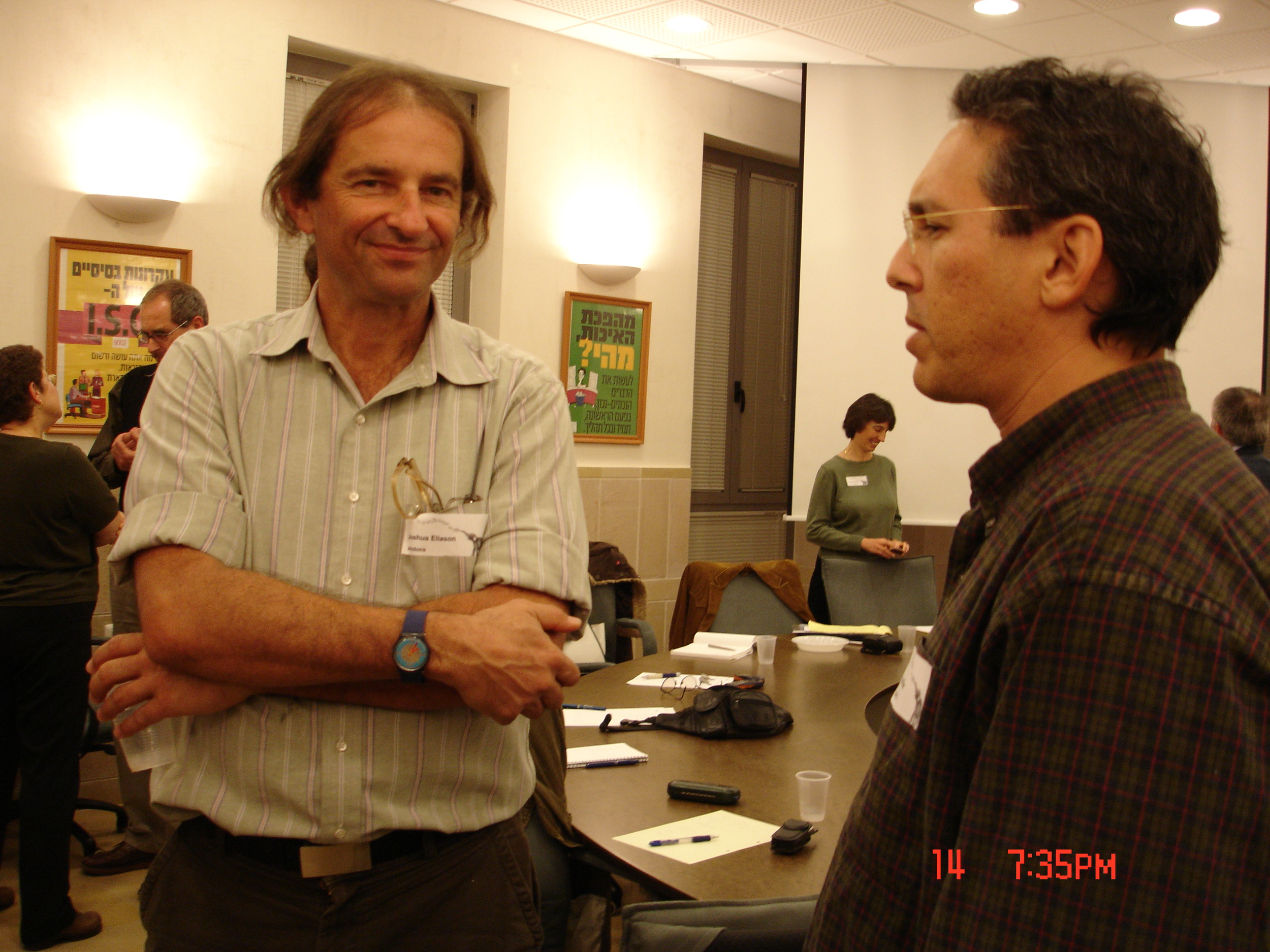
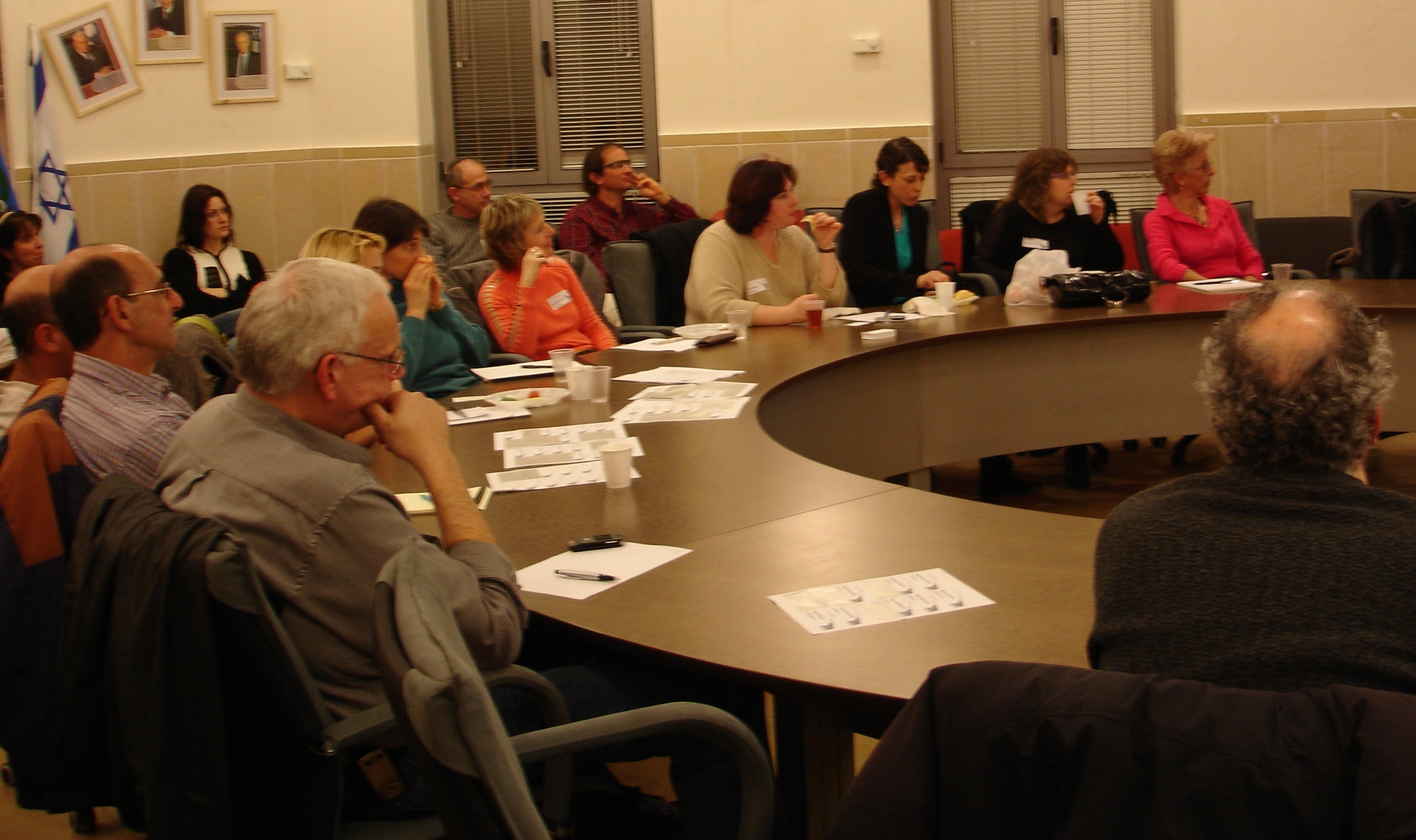

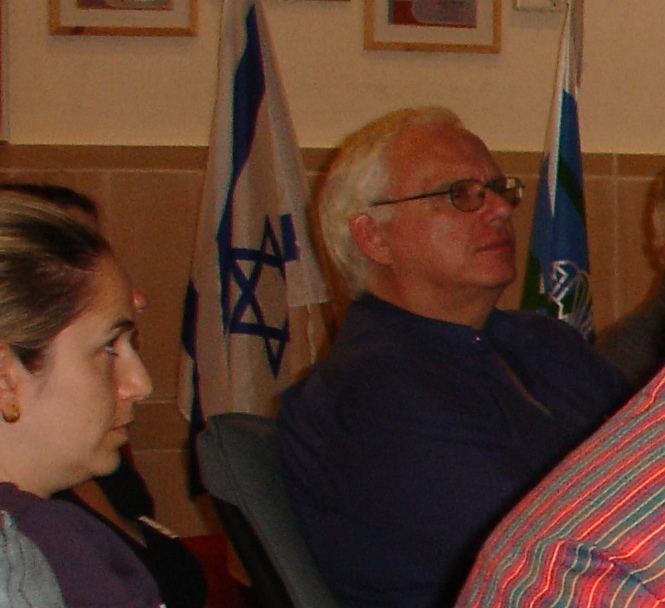
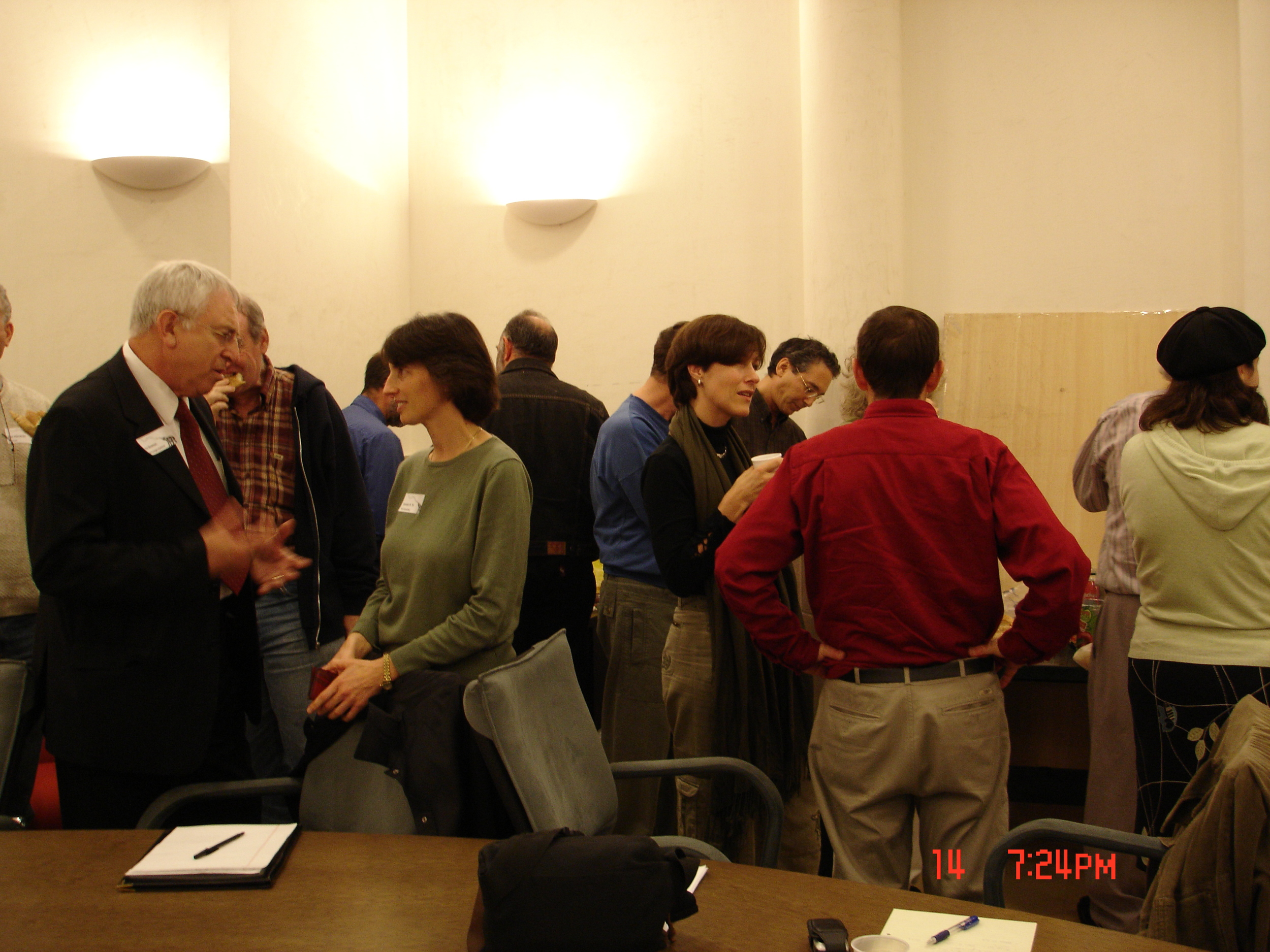
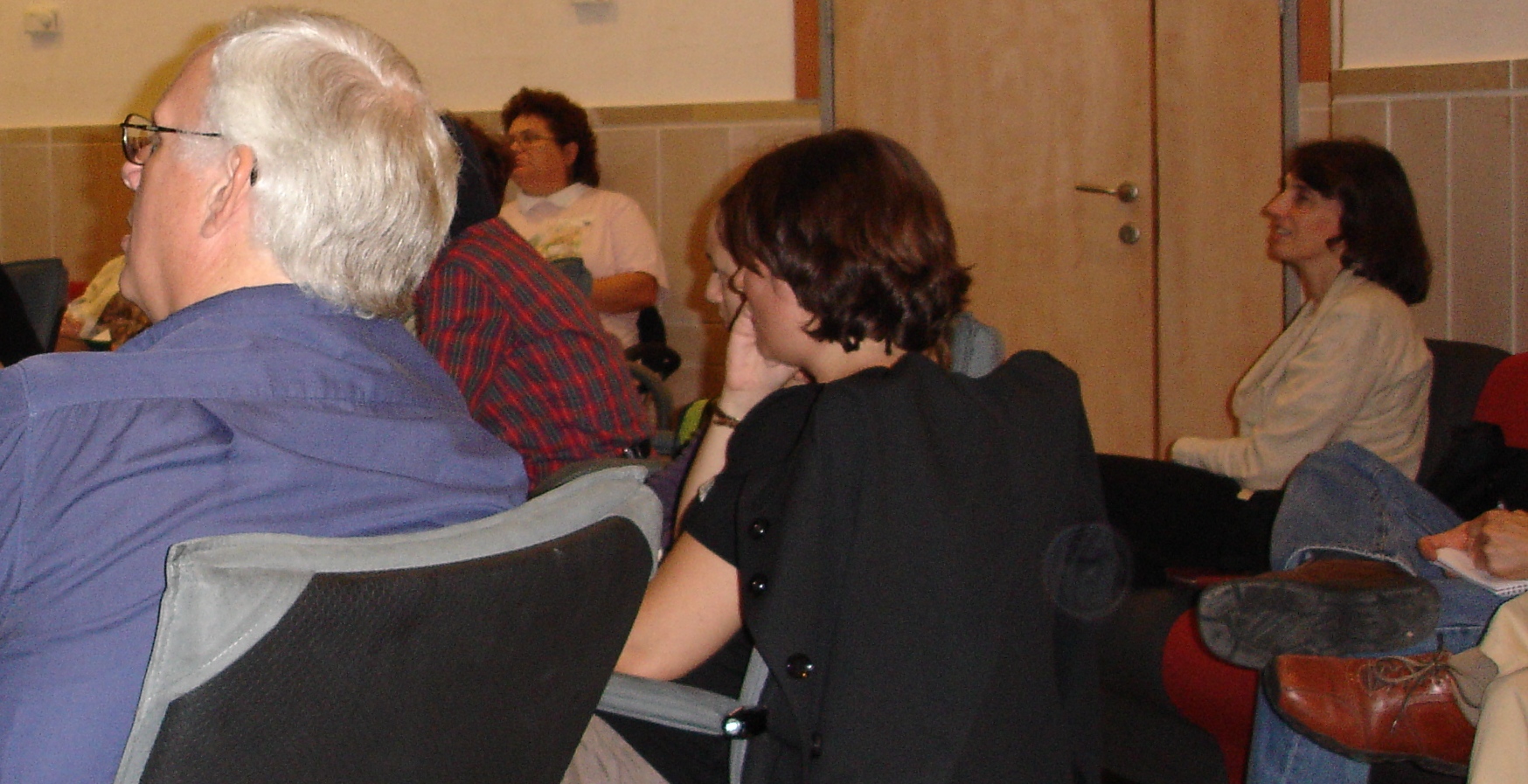
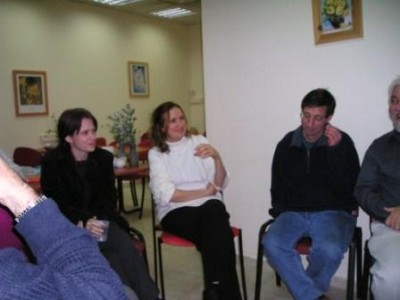
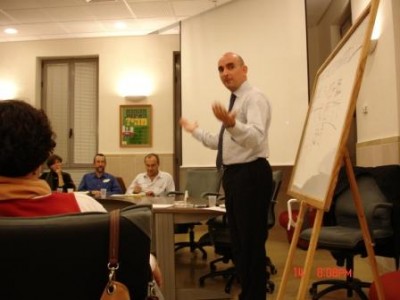
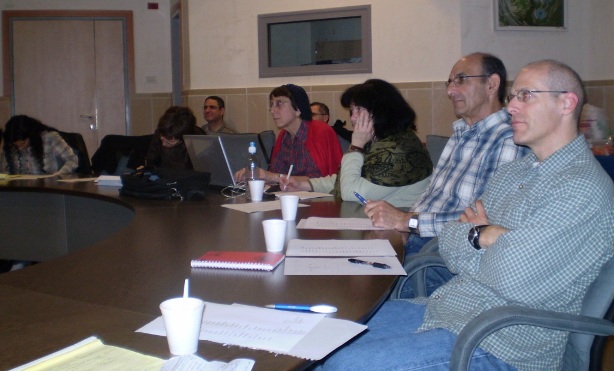
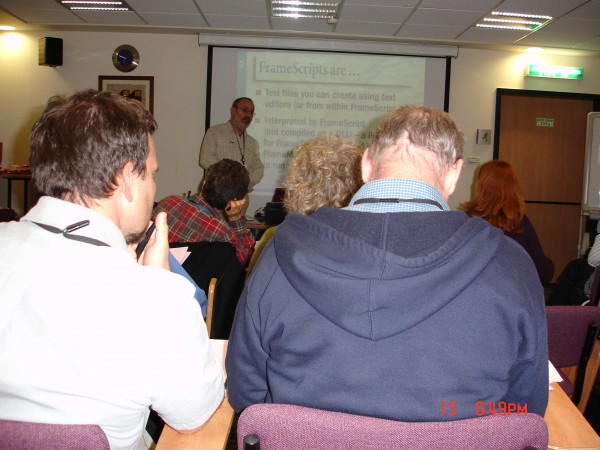

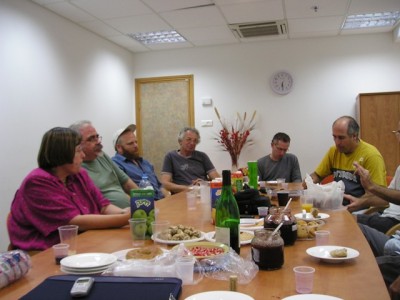
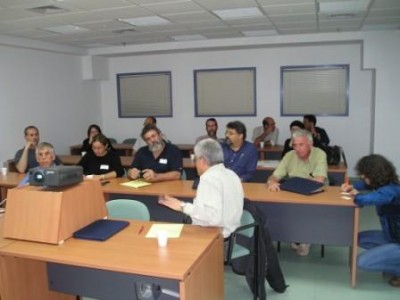
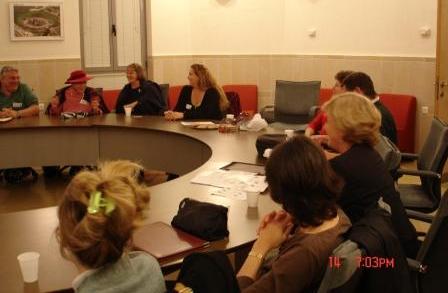

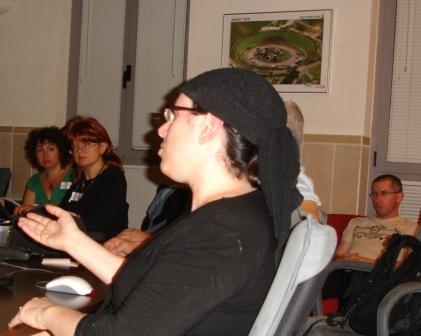

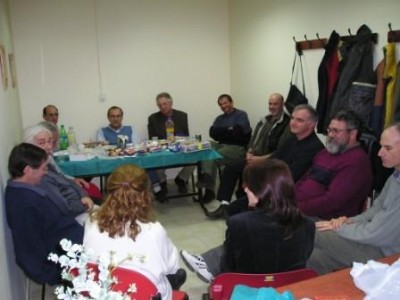
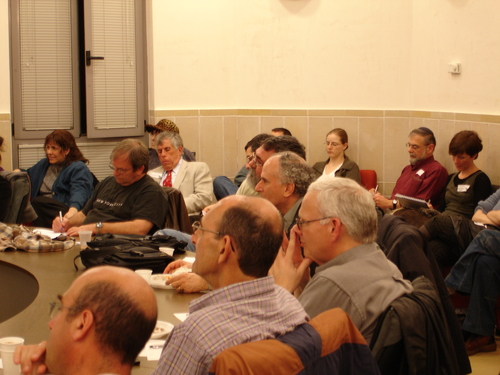

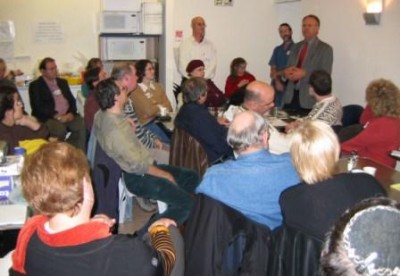
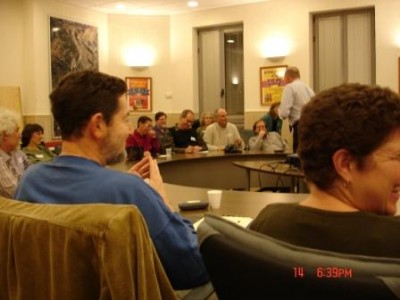
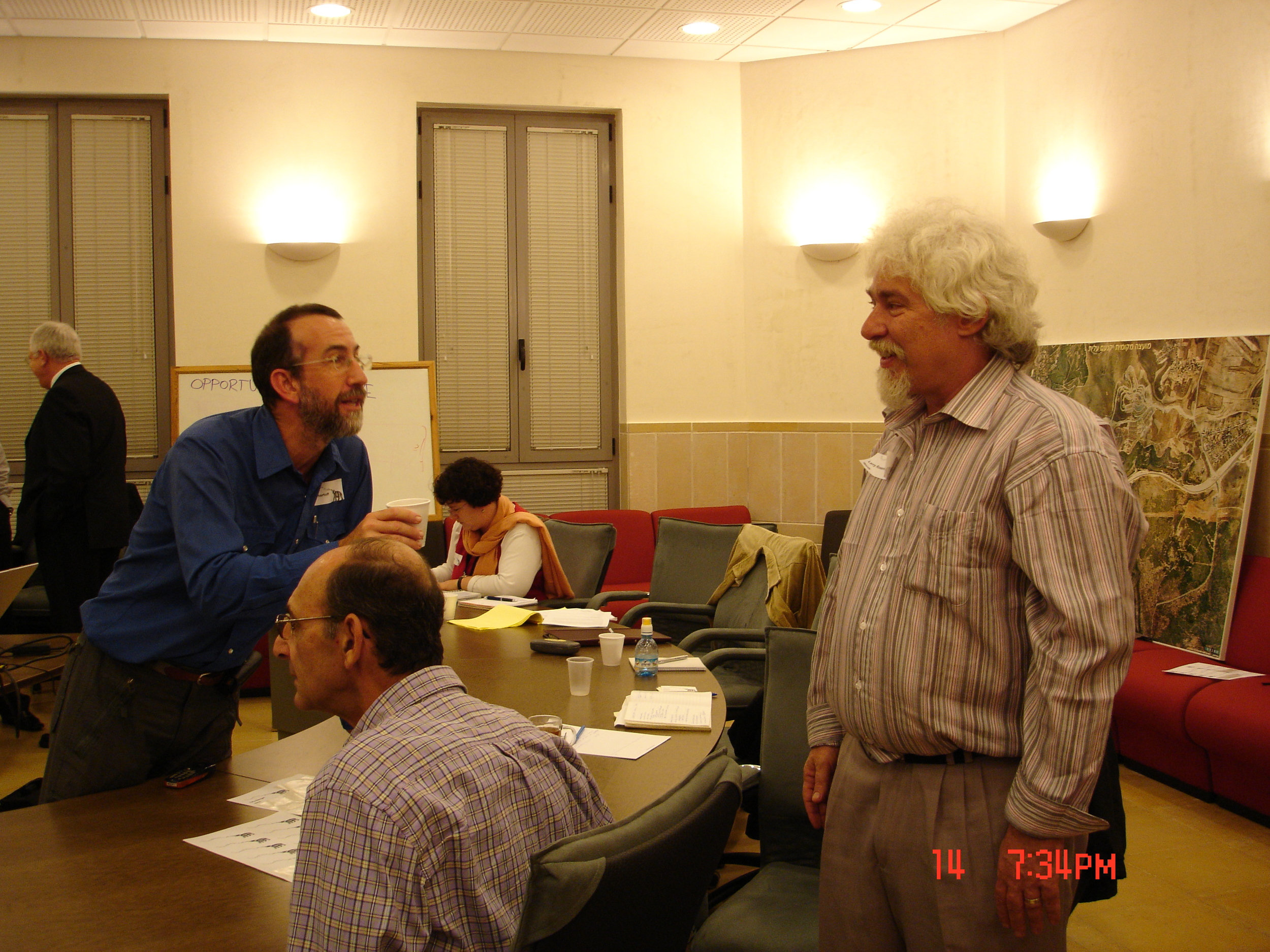
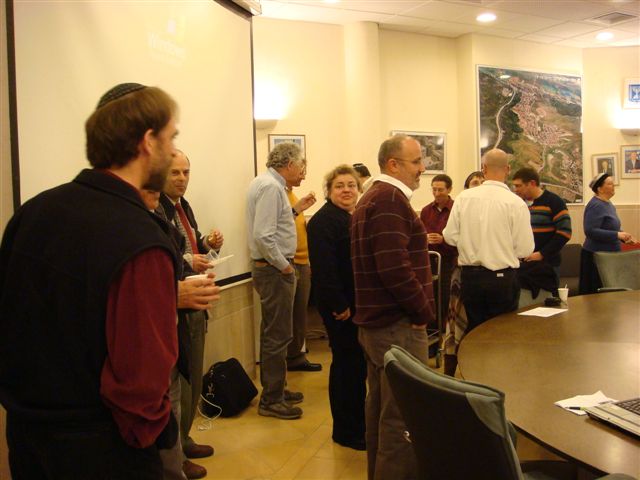
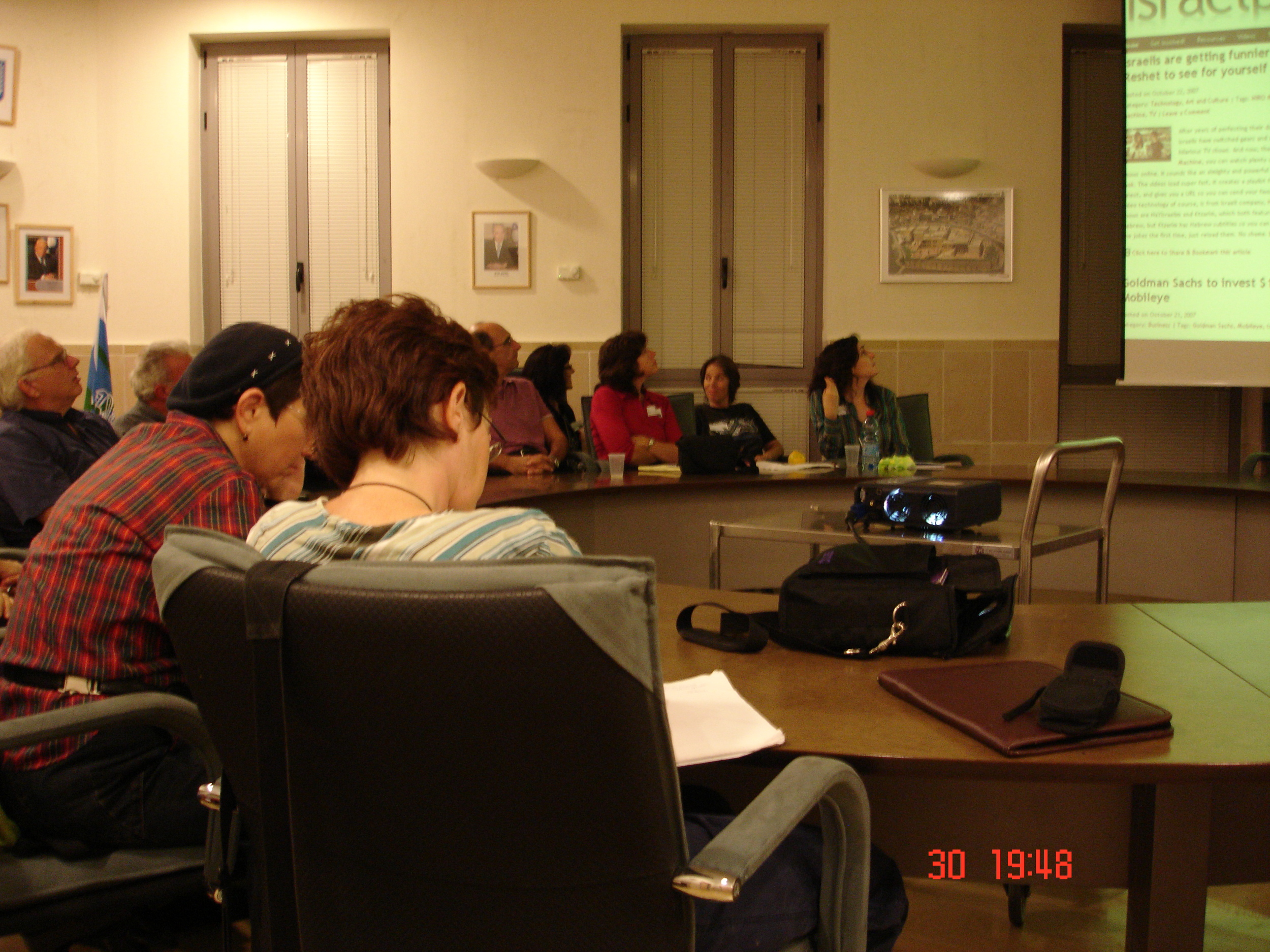
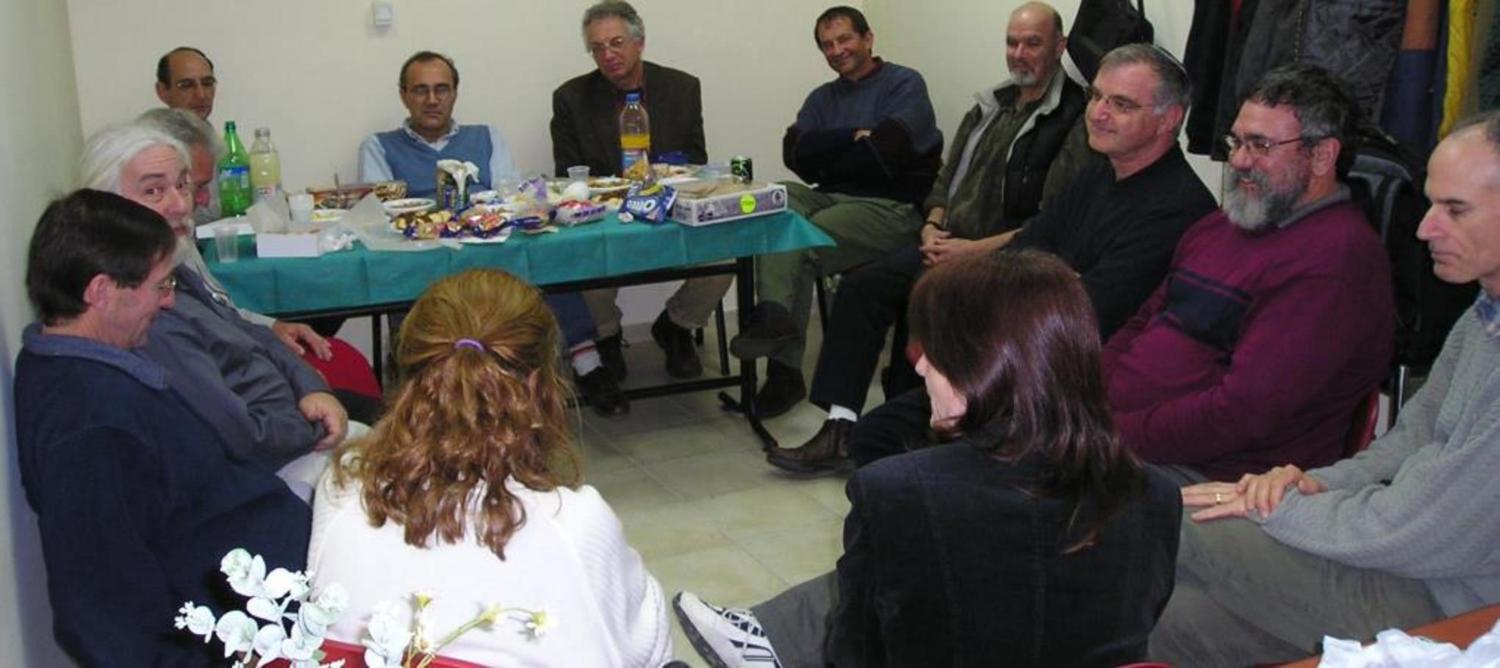
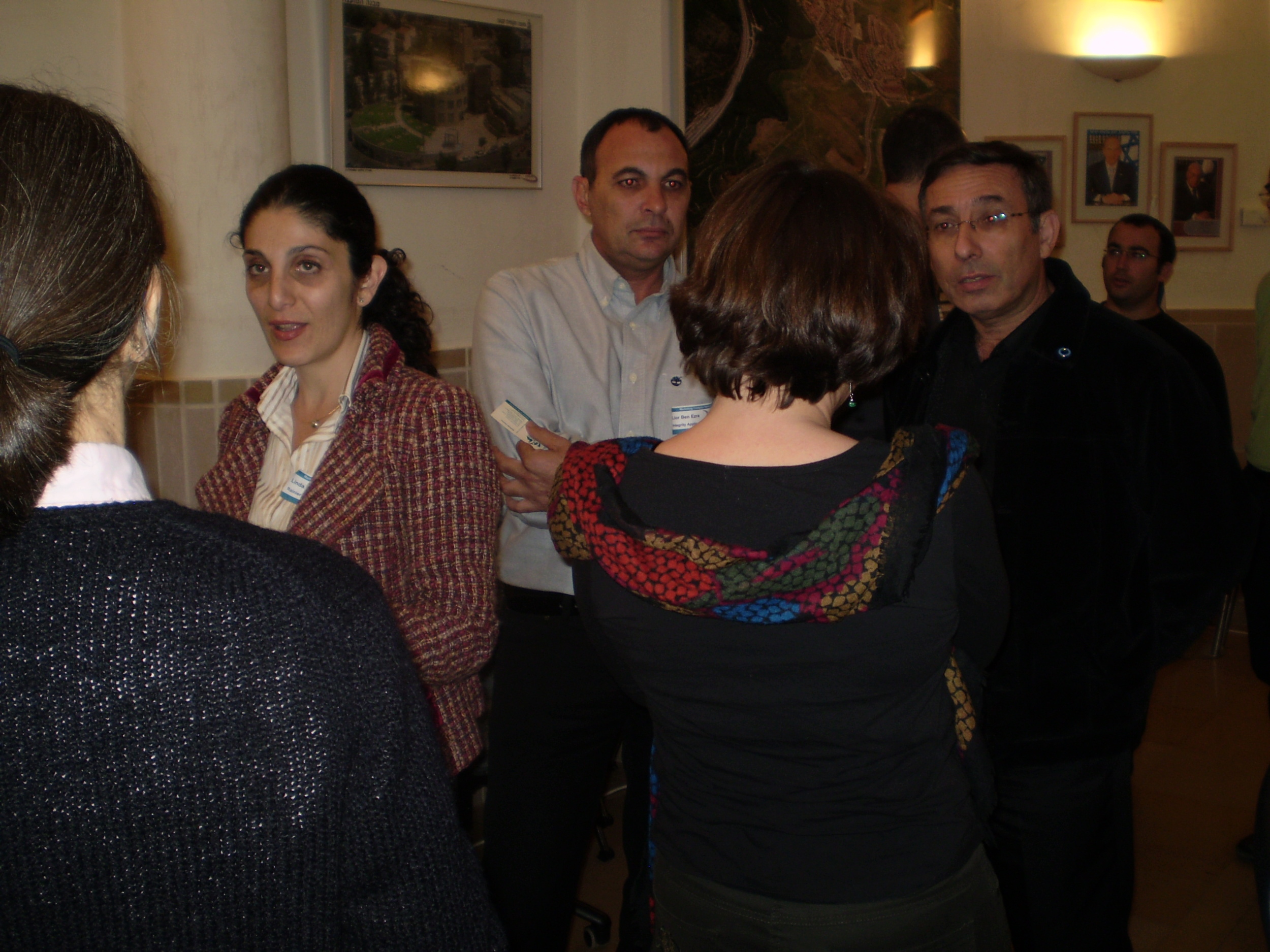

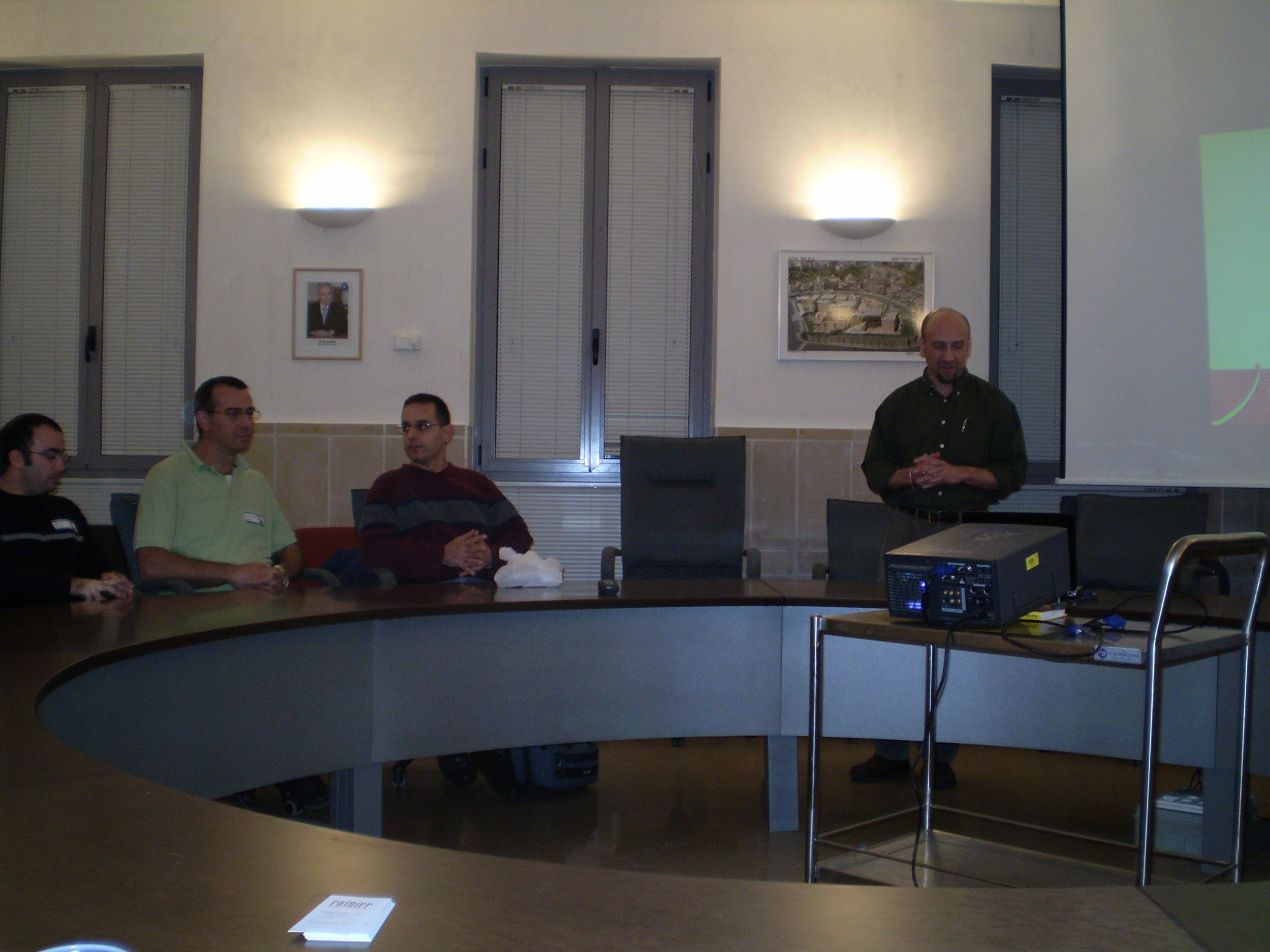
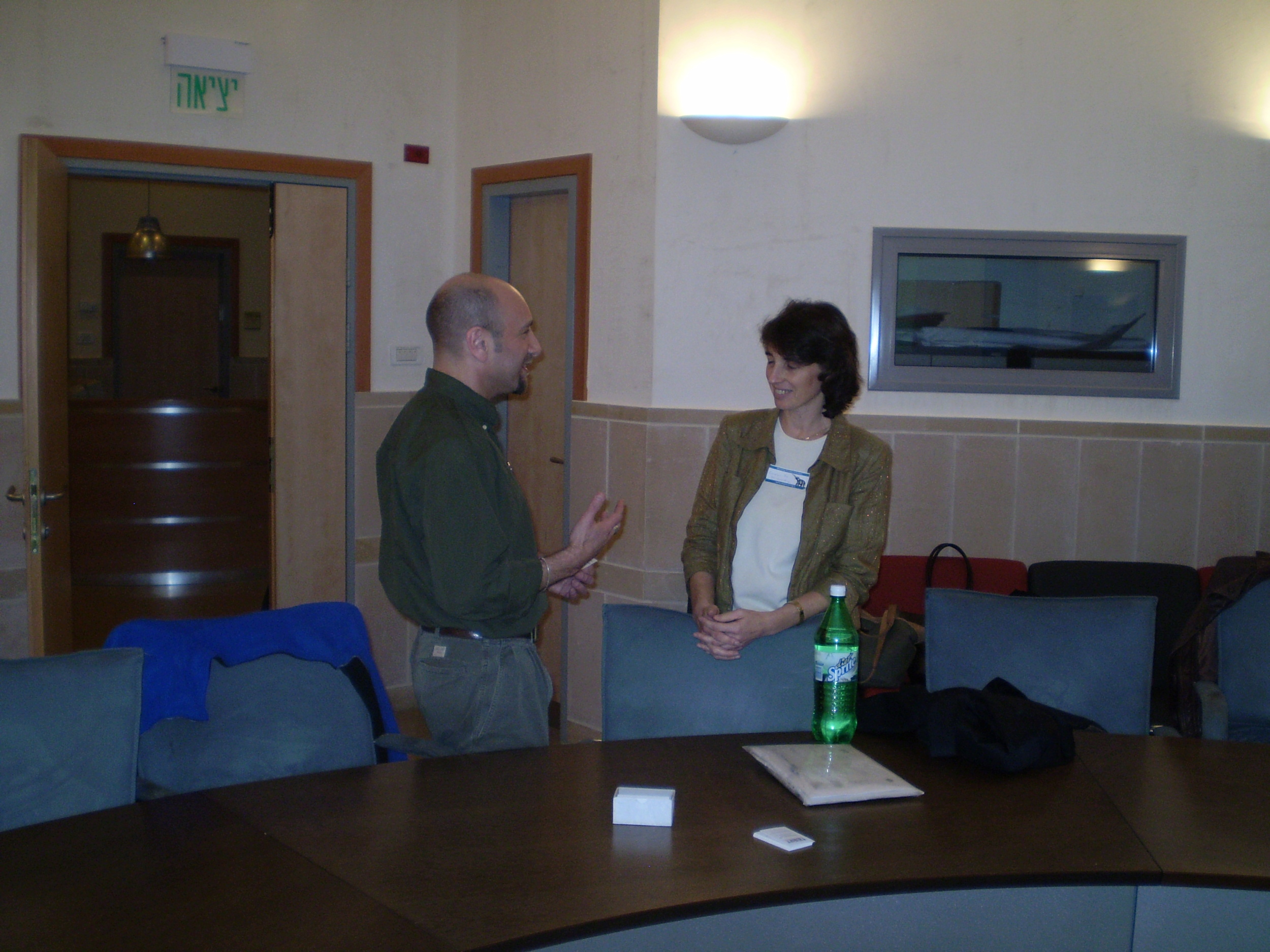
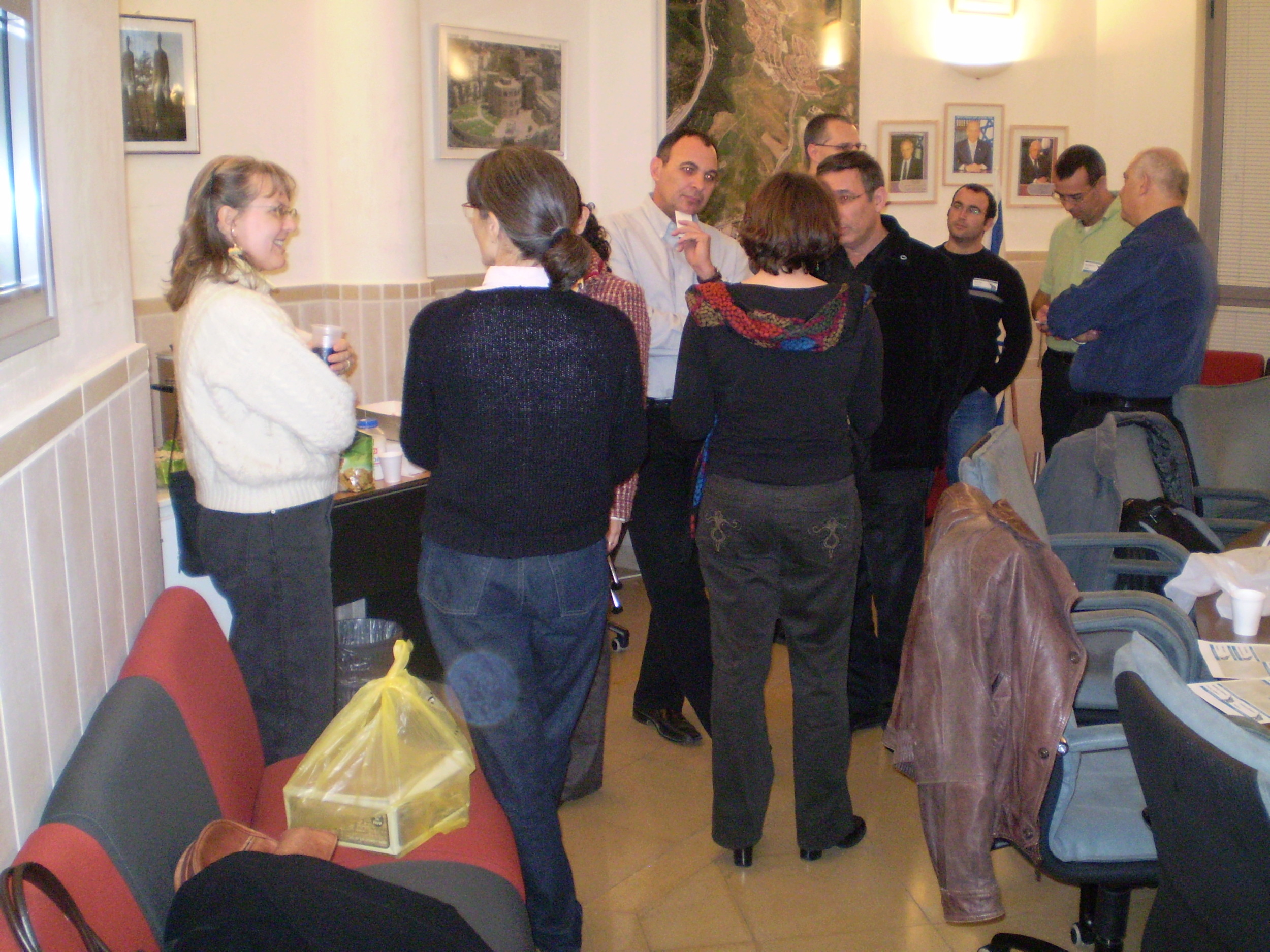














Jennifer Croft, who translated Nobel Prize laureate Olga Tokarczuk from Ukrainian, has announced that next time if her name won’t be on the cover, she won’t be translating. And together with novelist Mark Haddon, she started a petition. Columnist Pamela Paul believes that better visibility for translators can also lead to better pay.